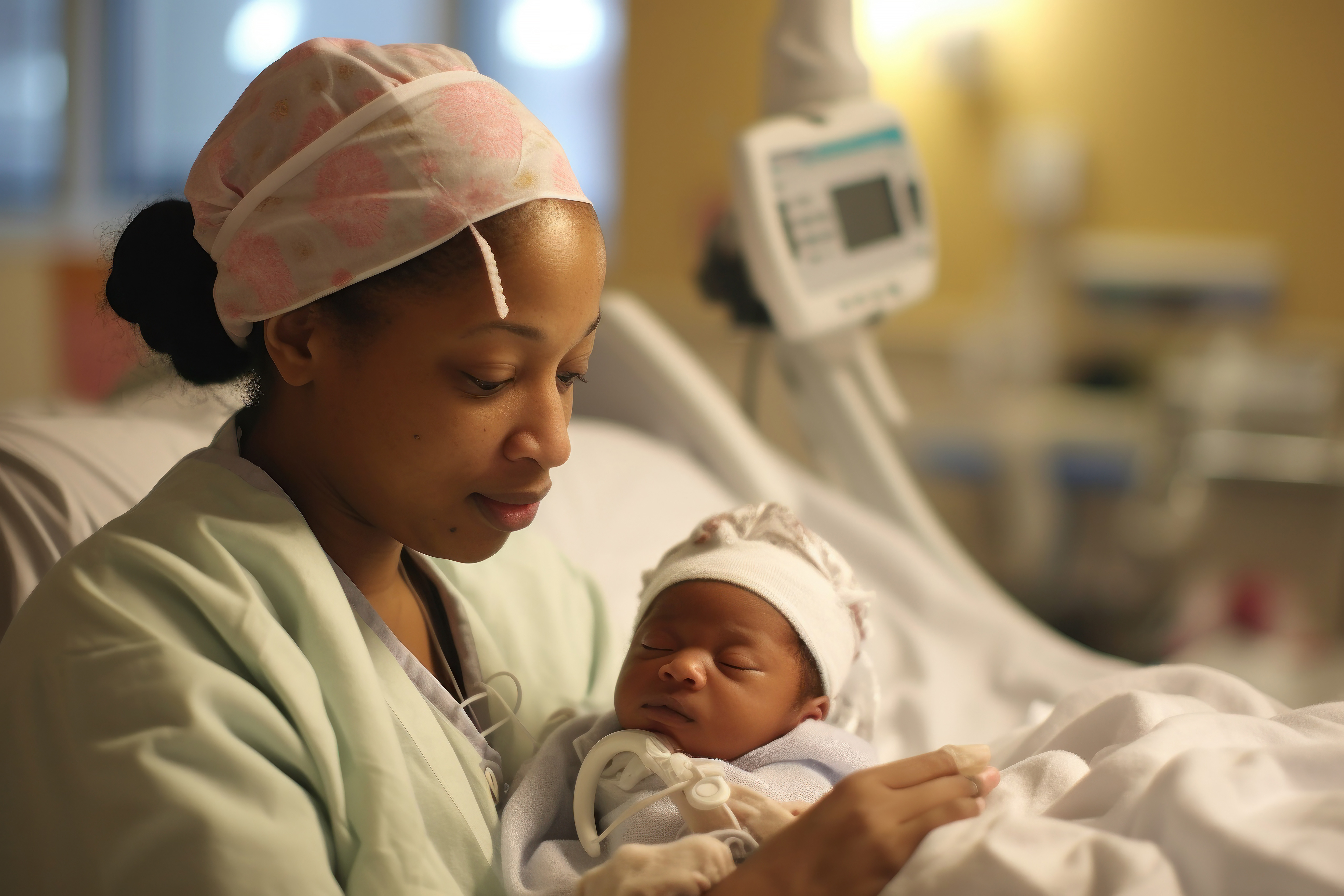
KICK OFF: New project to improve antibiotic treatment, reduce newborn deaths

Ifakara Health Institute will take part in a new European-African partnership project, which launches in Tanzania, Ghana, Kenya, South Africa, and Uganda today, to enhance the treatment of infections in newborns.
The project, known as SNIP-AFRICA (Severe Neonatal Infection Adaptive Platform Trials in Africa), whose implementation timeline is 2023 - 2028, aims to reduce neonatal mortality in hospitals with sepsis in Africa during an era of increasing antimicrobial resistance.
A press release issued by Penta Foundation, the project’s leading implementor, today has outlined the project’s objectives and expectations which include conducting an adaptive trial to identify the best drug regimens and doses for difficult-to-treat infections and sepsis, which threaten the lives of newborns in neonatal units in sub-Saharan African countries.
Ifakara among ten project partners
Ten project partners from European and African countries – including the Ifakara Health Institute, will implement this project through a consortium comprising institutions with extensive experience in neonatology and in designing and conducting randomized controlled trials in Africa, including adaptive trials.
Ifakara will be partnering for several work packages aiming at the improvement of diagnosis and management of sepsis in neonates in collaboration with the St. Francis Referral Hospital in Ifakara.
Ifakara scientists who will be working on the SNIP-AFRICA project include Dr. Honorati Masanja, Dr. Getrud Mollel and Prof. Maja Weisser. “We are proud to be part of this great international research collaboration and aim together at tackling neonatal sepsis and antibiotic resistance in newborns,” said Prof. Maja after attending a soft-kick off launch of the project that was held virtually.
Other partners involved in the project are University College London, UK; African Research Collaboration for Health, Kenya; Stellenbosch University, South Africa; Kwame Nkrumah University of Science and Technology, Ghana; DNDi-GARDP Southern Africa NPC, South Africa; MUJHU Care, Uganda; Ifakara Health Institute, Tanzania; and University of Antwerp, Belgium.
Thousands of newborns are to be enrolled
As part of the project, the trial will enroll 1,200 neonates in six neonatal intensive care units in Ghana, Kenya, South Africa, Uganda and Tanzania. The first patients are expected to be enrolled in June 2025.
The SNIP-AFRICA trial will use an adaptive platform design, which allows researchers to adjust the trial as it progresses based on the results of early data. In comparison to traditional trial designs, adaptive platform trials can address multiple research questions simultaneously, providing a more personalized approach to researching neonatal sepsis.
“SNIP-AFRICA's ambition is to innovate research on severe childhood infections, particularly neonatal sepsis. By using novel adaptive trial design elements, the project will generate evidence to improve antibiotic treatment of this deadly condition. This will significantly improve the wellbeing of newborns and infants, who are at the highest risk of infection from difficult-to-treat bacteria,” read the press release.
The project is funded by the European Union under the Global Health EDCTP3 Programme. Its coordination is managed by Fondazione Penta ETS (Padova, Italy), whereas scientific coordination is managed by St George’s, University of London (London, United Kingdom).
More about Sepsis
Sepsis is a life-threatening condition that occurs when the body’s response to an infection damages its own tissues and organs. In newborns, sepsis is often caused by bacteria that have become resistant to antibiotics, which makes it even more difficult to treat.
Every year, 214,000 newborn babies die of sepsis that has become resistant to antibiotics, making it a major health threat worldwide. Low- and middle-income countries, especially in Africa, are particularly affected by this problem due to the lack of resources for diagnosis and treatment.
